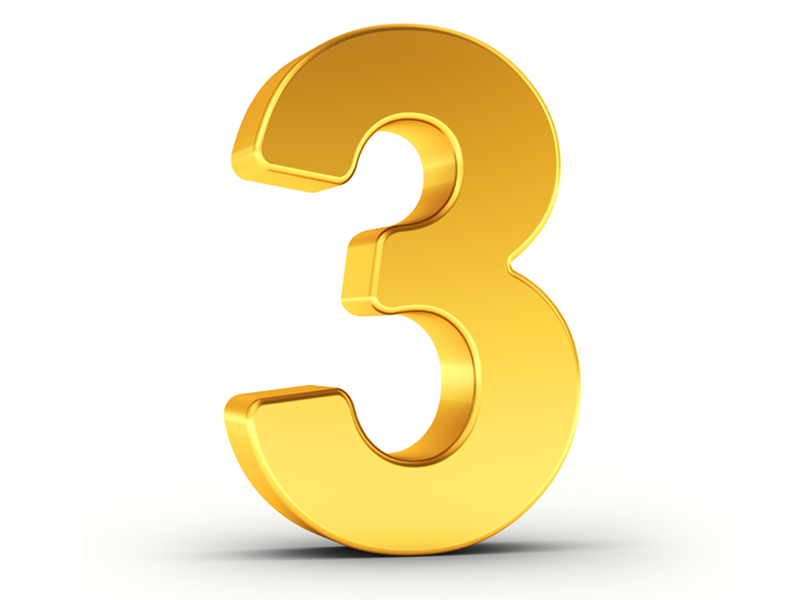Get Easy Health Digest™ in your inbox and don’t miss a thing when you subscribe today. Plus, get the free bonus report, Mother Nature’s Tips, Tricks and Remedies for Cholesterol, Blood Pressure & Blood Sugar as my way of saying welcome to the community!
3 well-being factors that make your golden years golden

Here’s something you probably already know:
Being active on a regular basis keeps your body young and fit. Even some vigorous housework can improve your physical health as much as a session at the gym!
Regular physical activity also promotes good mental and emotional well-being. That’s a pretty well-accepted idea.
There’s nothing like a good, brisk walk in the fresh air to help reclaim your afternoon and get things done, despite that “2:00 slump.”
Aerobic exercise and strength training have been shown to help with depression and anxiety. And even those “down-in-the-dumps” days we all experience from time to time can be cut almost in half with just two hours of exercise a week!
Surprisingly, though, it seems that the relationship between exercise and well-being, both physical and emotional, travels in both directions.
Those who exercise are happier, healthier and more emotionally stable. But recent research reveals that if you are mentally and emotionally healthy, you will be far more likely to continue the physical activity that will keep you that way well into old age.
Emotional well-being keeps you active
In a recent Finnish study, the Jyväskylä Longitudinal Study of Personality and Social Development, researchers took a closer look at the relationship between physical activity and mental and emotional well-being, particularly in middle-age.
They wanted to find out whether leisure-time physical activity (LTPA) was a predictor of mental well-being at age 50, or if it was the factor that promoted that mental well-being.
They also distinguished among several types of well-being, and were interested in finding out whether specific leisure-time physical activities were associated with each:
- Emotional well-being was defined as overall satisfaction with life and the tendency to have positive feelings.
- Psychological well-being refers to having a sense of purpose in life.
- And social well-being was about relationships with other people and with the community.
The researchers gathered data from participants at age 42 and again at age 50. What they found surprised them.
Among these particular subjects, LTPA did not predict later mental health. But mental well-being did predict levels of physical activity.
Both men and women with high mental well-being at age 42 were more physically active at age 50, compared with those who got lower mental well-being scores at age 42.
The type of activity matters
The other finding of this study was that three separate types of LTPA — walking, rambling in nature, and endurance training — were associated with different aspects of emotional and mental health.
Walking appeared to be connected to emotional well-being, while rambling in nature seemed to promote social well-being. Endurance training was a predictor of participants’ later self-evaluation of their overall health, both physical and mental.
Interestingly, among men, rambling in nature was also associated with their later subjective assessment of their physical health.
To explain this last fact, the researchers raise the question of whether “rambling in nature” means a more focused activity to men, and a more leisurely, contemplative activity to women.
It’s a continuous cycle
The important takeaway here is that the relationship between physical and leisure activity, and mental and emotional well-being, is actually a continuous cycle.
It’s not that exercise will make you happier, although it can.
It’s not that feeling more positive will get you out and moving more, although it will.
The real significance of this study is that you can enter at any point in the cycle and start moving toward both better physical health and greater emotional well-being.
What’s more, you can make it far more likely that you will still be engaging in those activities that foster your health well into middle age and beyond.
Many people slow down as they reach their middle years. In their forties, work and career responsibilities often cause people to put exercise last on the list.
And in your fifties, especially if you haven’t exercised regularly, it can be physically more difficult to get moving.
The good news is that any step you take is one step closer to both physical and mental health well into your golden years.
Editor’s note: While you’re doing all the right things to protect your brain as you age, make sure you don’t make the mistake 38 million Americans do every day — by taking a drug that robs them of an essential brain nutrient! Click here to discover the truth about the Cholesterol Super-Brain!
Sources:
- Mental well-being predicts leisure-time physical activity in midlife — Neuroscience News
- Cross-Sectional and Longitudinal Associations between Leisure Time Physical Activity, Mental Well-Being and Subjective Health in Middle Adulthood — Applied Research in Quality of Life
- Physical Activity and Mental Health — Sports Medicine














